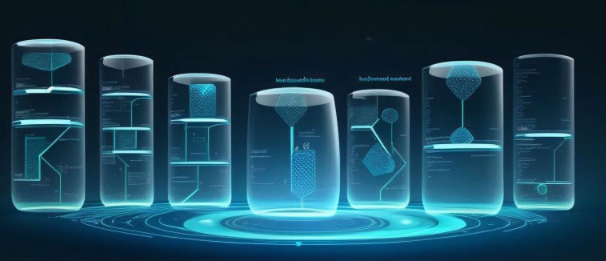ZHANG Jun, KONG Shanshan, LI Xinwang, FENG Lichao, LI Peng
Online health community has become an important platform for patients and their families to obtain health knowledge, the information service quality of the community can be enhanced by exploring the knowledge sharing behaviors of different types of users. Article based on the theory of knowledge collaborative construction, the user interaction network and knowledge network are constructed, based on the algorithms of the identification of key users and the discovery of key paths, the rules of knowledge sharing behavior are mined. This paper takes the community of biliary cancer as an example to carry out an empirical study, the results show that the knowledge interaction behavior model across multiple communities is formed under the guidance of key users, and ordinary users tend to interact with other users with the same disease types in the community. The knowledge sharing of key users focuses on preoperative examination and disease symptoms knowledge types, while the knowledge sharing of ordinary users focuses on preoperative examination knowledge types; The key knowledge paths reflect the knowledge needs of users in different stages of disease treatment.


